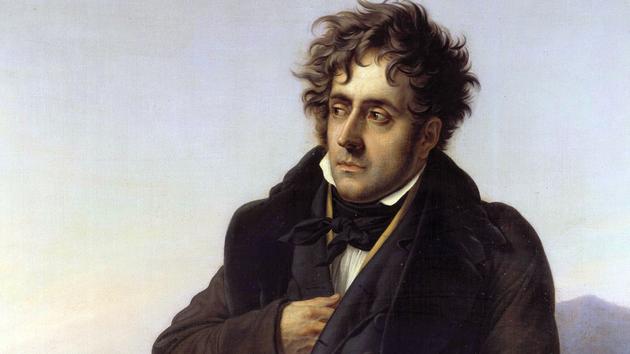The French language is rich enough to house hundreds of nuances. So, it should be remembered that a synonym is not the exact equivalent of a word. Depending on the context, using the correct term can be very helpful. Anthology.
»READ ALSO -« Uh »,« serious »,« voila »... Your tics of dissected language
"Celebrate" or "commemorate"?
Just because they're twins doesn't mean they're identical. Of course, their use varies according to the sentence, the story and sometimes even the tone. But it is worth recalling the nuances that permeate the words. Thus, "to celebrate" means "to accomplish with solemnity" , "to mark or to remind solemnly" and more generally, "to praise, often to honor publicly" . "Commemorate" means, originally, "mark a ceremony with the memory of a person, an act or an event," says Le Trésor de la langue française.
What about usage? It is admitted, as reported by Jean-Loup Chiflet, that we usually celebrate a "happy event" . July 14, for example, or a birth. While we "commemorate the death of Guy Môquet or the roundup of Vél d'Hiv ..."
"Jealousy" or "envy"?
Once again, we interchange these two words which, however, have a precise definition. In fact, jealousy first designates a “lively and restless attachment (for what is important to the heart)” . Thus, "the jealous do not want to be dispossessed of what" belongs "to him" , specifies Chiflet. While "the envious desires what he does not have".
A "sorrow" or a "sadness"?
As Jean-Loup Chiflet reports, the Goncourt brothers thus described the state in which a bygone love immerses us: "a despondency of the soul, a weakening of the whole being, a prostration of desire, a vague, unformulated sadness , without limits ” . Thus, sadness is an impossibility of "experiencing joy" and is translated by "the facial features slumped, the glareless glance" , specifies Le Trésor de la langue française. This word comes from the Latin tristitia, -ae “affliction; dark, severe character ” .
Grief, notes Chiflet, "would be stronger, less flat . " It suffices, moreover, to observe the origin of this term. In fact, a "sorrow" first designates a "kind of grainy leather, prepared with the rump skin of the mule, donkey or horse and used in bookbinding and luxury leather goods" , we read in The treasure of the French language. Then came Balzac's account, La Peau de chagrin , and the expression "to be reduced like a skin of sorrow" . Understand: gradually shrink.
As the Littré specifies, the word “sorrow” is “new in the language; we can therefore see only the word sorrow , rough and grainy skin, which, used to rub , polish , file , has become, by metaphor, the expression of a gnawing pain ”.
"Humble" or "modest"?
The “modest” is “without research, without pretension” , “devoid of pomp, luxury or brilliance” , we read in Le Trésor de la langue française. Jean-Loup Chiflet retains its "sober and discreet" character . "It belongs to the family of little people."
What about the "humble"? This term comes from the Latin humilis (from humus ) "close to the ground, low" . Thus, he is the one "who lowers himself voluntarily (to do something) by repressing any movement of pride by feeling his own weakness" , we still discover in the TLFI. He is "submissive, servile and says he is unable to succeed," says Chiflet.
"Inclination" or "addiction"?
The nuance is fine but it exists. In Le Trésor de la langue française, we read that "inclination", figuratively, is an "interior and natural force which spontaneously or voluntarily directs the person towards an object, a taste, a goal" . Chiflet specifies that she "says something more spiritual, but weaker than the inclination".
A "penchant" which is a "natural, emotional or psychological movement, which pushes to adopt such or such behavior, to seek something" , specifies Le Trésor de la langue française. "He says something more sensual and stronger than inclination," concludes Chiflet.
You can also follow Figaro Langue française on Twitter .
»Ask all your questions about the French language through our Forum .
»Find our French language section on Le Figaro Store .
»Passionate about word games? Download our Figaro Games app .









